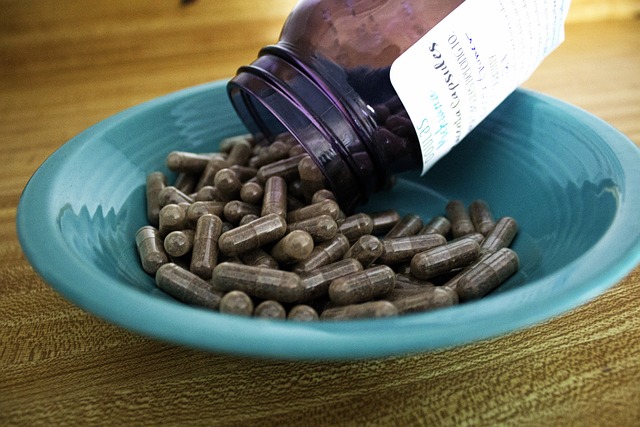Frequent urination during pregnancy is often a part of the pregnancy experience. While pregnancy is itself an exciting experience, this frequent urge to pee more often may turn into a big problem.
If you too experience the same, we have got all you need to know. In the sections that follow, we will discuss the potential causes of frequent urination during pregnancy and how you can deal with it. Let’s dig in
When does frequent urination start during pregnancy?
Frequent urination is a common symptom of pregnancy in women which typically begins in the first trimester, around the fourth week. Most women find that they feel the urge to pee even more frequently during the later stages in pregnancy which is around the 35th week. In certain situations and cases, it can even begin from the third trimester as well. Certainly, it can be different for every expecting mother but the expected timelines are usually as we discussed here.
What causes frequent urination during pregnancy?
While it is a common phenomenon in pregnant ladies, certain factors contribute to the urgent and frequent need to urinate during pregnancy. If it is so common, what causes frequent urination during pregnancy?
Here are a few reasons:
- First of all, the frequent need to urinate is one of the symptoms of pregnancy. It is a very well-known cliche, but pregnant women usually need to pee more frequently than they usually do. The increased size of the uterus exerts an added pressure on the bladder, which causes it to empty frequently.
- The second reason is the intake of too many fluids. When you continually hydrate your body, it lets go of what it does not put into use. The frequency of hydration depends on your environment and activity. For a pregnant woman, it is a very common phenomenon, and there is absolutely no harm in it unless there are any serious symptoms.
How to deal with it when I am pregnant?
Pregnancy and frequent urination usually go hand in hand. Often there is no way to stop it or to get around it. However, you can follow a few tips to deal with this situation. Here are some of these coping tips to help you :
- Drink enough fluids. Of course, you won’t like to drink more if you are already worried about having to pee. But please do not forget that you also need to hydrate your body as you are losing extra fluids through your urine, so you won’t like to reduce your fluid intake while trying to stop urinating frequently.
- Avoid caffeine as it removes water from your body which may leave it dehydrated. When this happens, you are more likely to use the bathroom after consuming caffeinated beverages. Therefore, limiting or stopping the consumption of caffeine may help you.
- Try to lean your body forward while urinating. It will help you to empty your bladder properly and completely without causing any discomfort to your body.
I feel the urge to pee but little comes out. How to deal with it?
If you are pregnant, you might feel the urge to urinate more frequently. It happens due to an increase in the progesterone hormone. As you proceed towards your second trimester, you will gradually notice that the urge tends to reduce.
In addition to this –
With the increased levels of hormones, the levels of your body fluids start to increase during the pregnancy. It pushes your kidneys to work extra hard to channelize the extra fluid. This extra labor results in frequent urination during pregnancy in the expecting mother.
During the third trimester, the size of the fetus increases and puts even more pressure on your bladder. As a result, you may experience an increased urgency to urinate due to the increased pressure.
Some women often experience the urge to pee but little comes out. Sometimes pregnant women may also experience urinary leakage, which may occur due to cough, sneezing, exercising, or even a casual laugh. It is important to note that sometimes this urge may also indicate urinary tract infection (UTI). Women are most likely to experience this infection during pregnancy. It may be an indication of the symptoms include –
- Painful urination during pregnancy and difficulty in urinating.
- A Burning sensation while urinating.
- The urine is pink, red, or even slightly concentrated.
- It appears cloudy.
If you experience any of these symptoms, immediately report your doctor and take a proper consultation on it. If left untreated, it may affect your urinary tract and lead to even more severe symptoms, and result in serious health problems.
![]()












